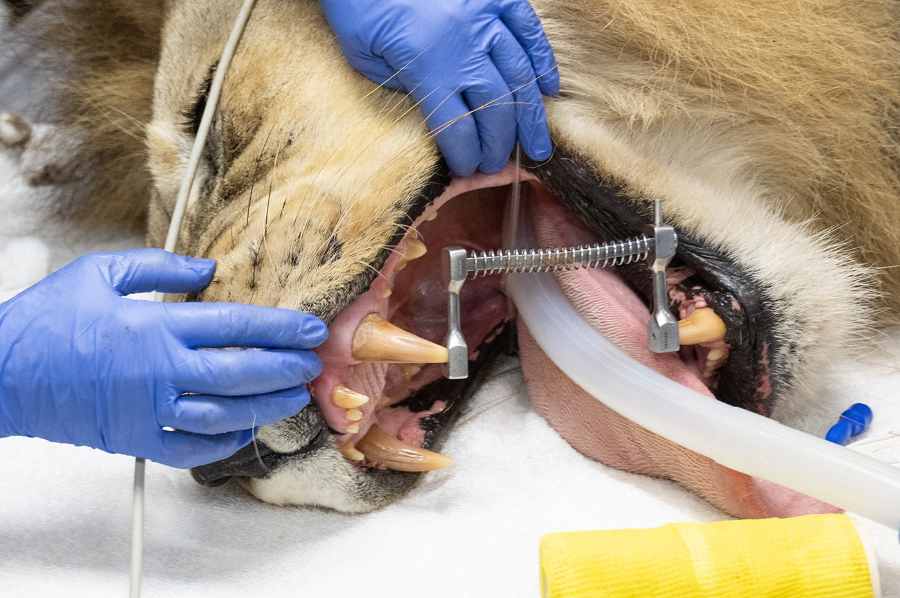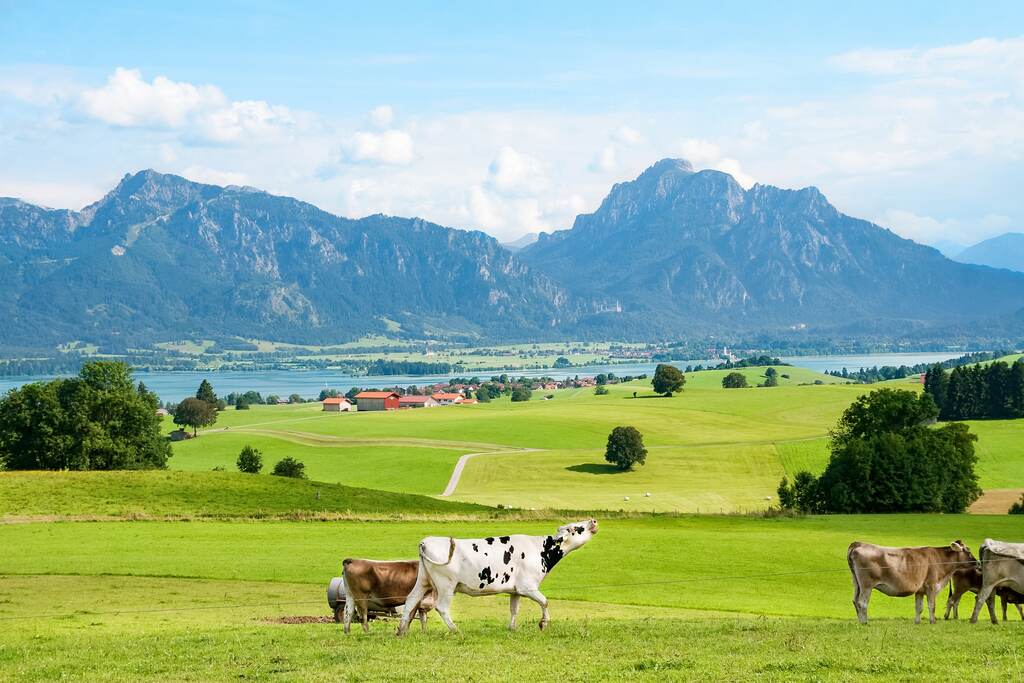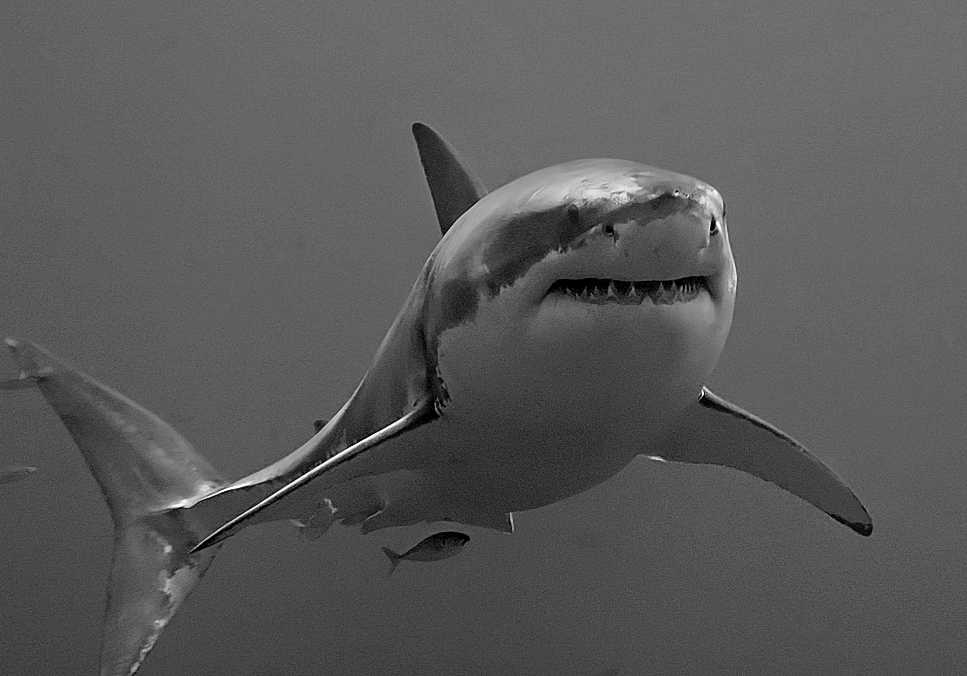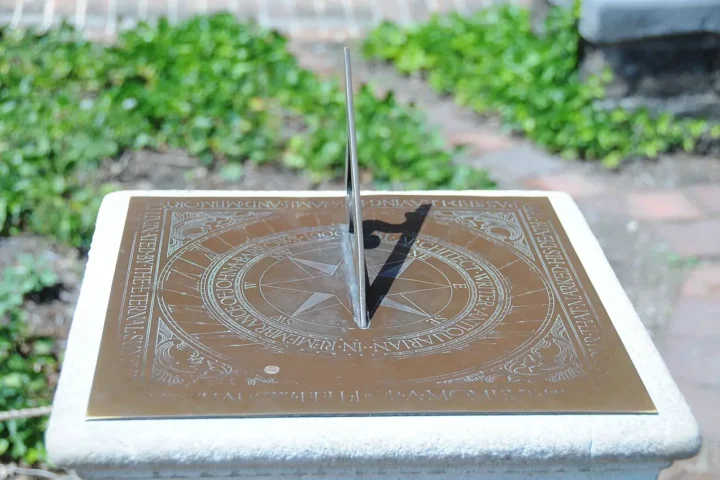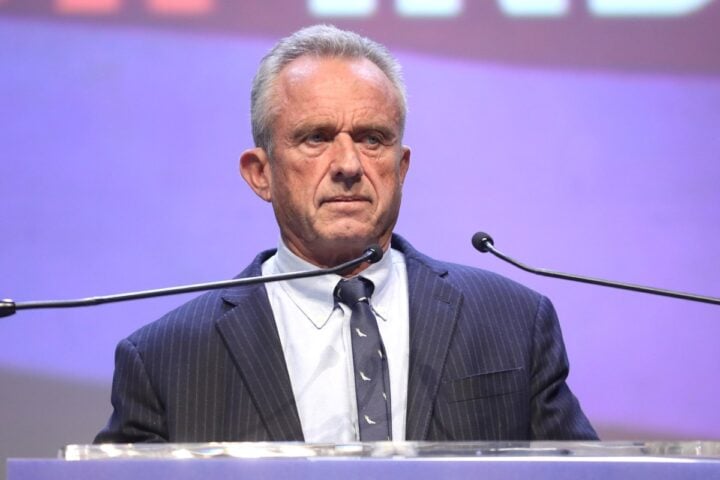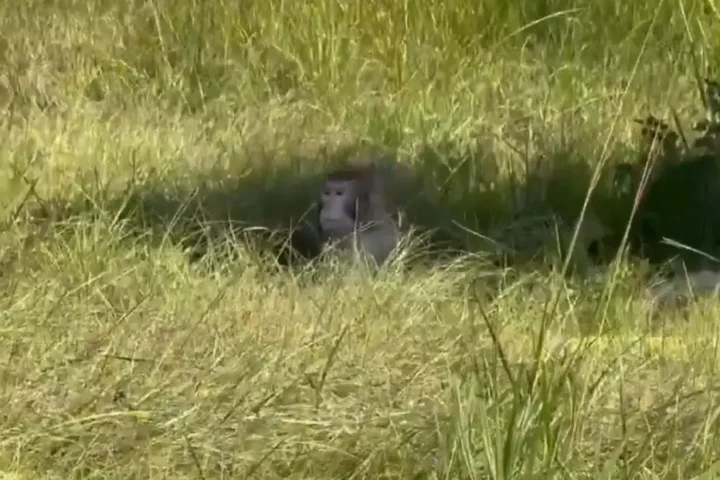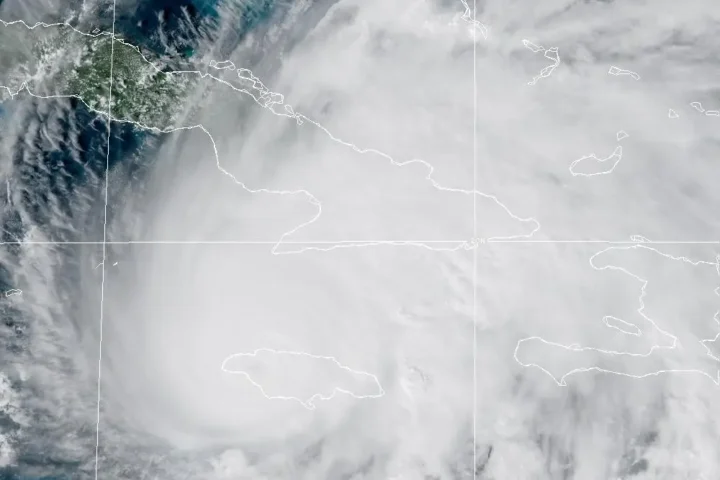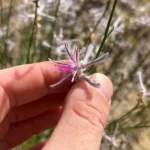Zoo Miami euthanized Kwame, its last lion, on Sept. 5, 2025, after the 17-year-old big cat’s battle with chronic arthritis and progressive hind-leg weakness. This decision came weeks after his brother Jabari was euthanized on July 25, 2025, for similar health issues.
Kwame and Jabari arrived at Zoo Miami in November 2008 from the Racine Zoo in Wisconsin. Before the brothers’ 2008 arrival, Zoo Miami had been without lions for nearly seven years. During his time at the zoo, Kwame and Jabari fathered several cubs.
“With all treatment options exhausted and no other path available for a cure or relief, the very difficult decision was made by the Animal Health and Animal Science teams to euthanize him today,” Zoo Miami’s Ron Magill said.
Zoo staff said Kwame was immobilized and taken to Zoo Miami’s Animal Hospital for a thorough exam, including radiographs, before the humane euthanasia decision. Kwame would have turned 18 on Saturday, just one day after his euthanasia.
Wild male lions rarely live past 12 years, according to zoo officials. At 17, Kwame lived well beyond his wild counterparts.
IUCN estimates lions occupy about 7.4% of their historic range (2023 assessment), and the species is listed as Vulnerable on the IUCN Red List.
Zoo Miami participates in the Association of Zoos and Aquariums’ (AZA) Species Survival Plan and supports Lion Landscapes, which works in Laikipia, Ruaha, and Selous-Nyerere landscapes to help people and lions coexist.
The AZA Species Survival Plan manages ex-situ populations — providing breeding and transfer recommendations to maintain genetic and demographic health.
Zoo Miami says it will work with the AZA-managed Lion SSP to introduce a new pride. The SSP ensures genetic diversity while supporting education efforts.
Those wanting to help can donate to Lion Landscapes or the Zoo Miami Wildlife Conservation Fund, which provides grants supporting wildlife conservation projects globally.The brothers were long-time on-exhibit lions who fathered cubs and became visitor favorites. Zoo Miami says it will continue supporting lion conservation through financial grants and public education programs via its Wildlife Conservation Fund and AZA partnerships.
